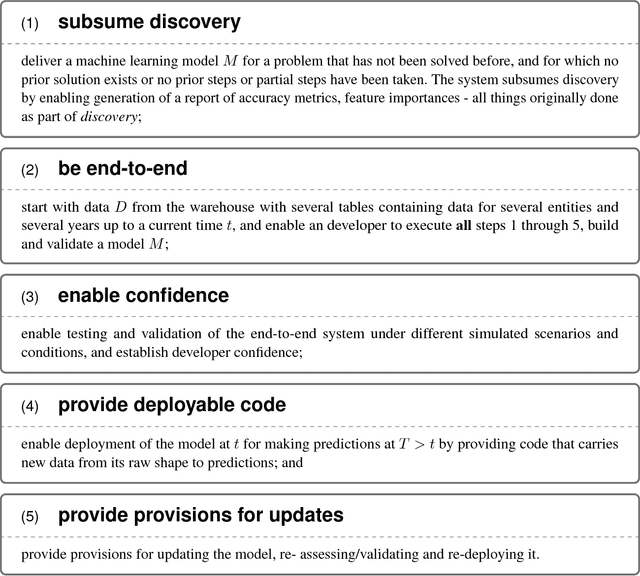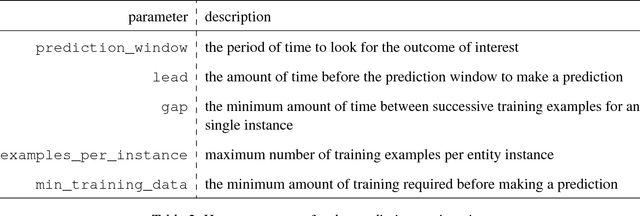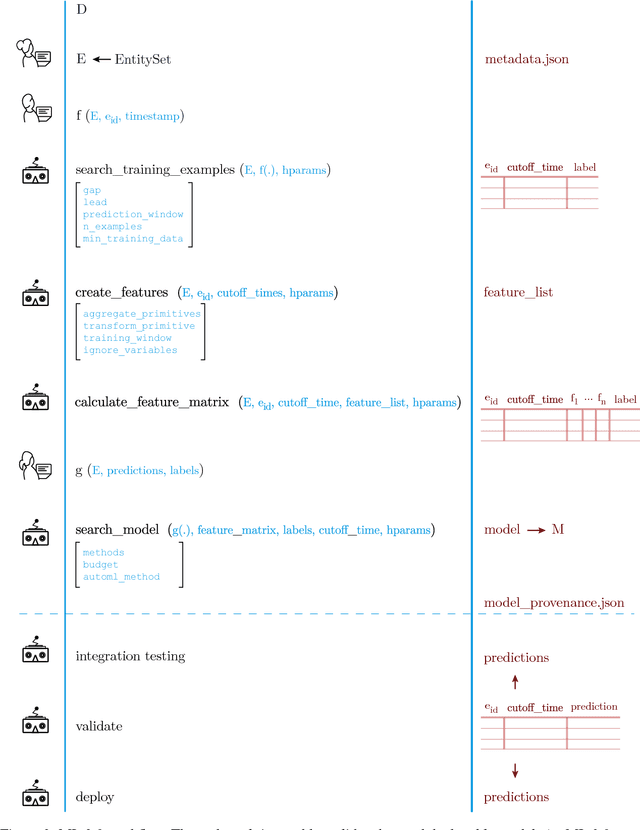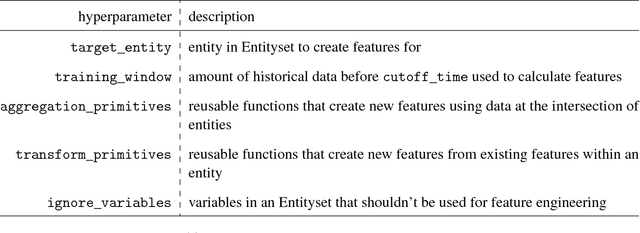Machine learning 2.0 : Engineering Data Driven AI Products
Paper and Code
Jul 01, 2018



ML 2.0: In this paper, we propose a paradigm shift from the current practice of creating machine learning models - which requires months-long discovery, exploration and "feasibility report" generation, followed by re-engineering for deployment - in favor of a rapid, 8-week process of development, understanding, validation and deployment that can executed by developers or subject matter experts (non-ML experts) using reusable APIs. This accomplishes what we call a "minimum viable data-driven model," delivering a ready-to-use machine learning model for problems that haven't been solved before using machine learning. We provide provisions for the refinement and adaptation of the "model," with strict enforcement and adherence to both the scaffolding/abstractions and the process. We imagine that this will bring forth the second phase in machine learning, in which discovery is subsumed by more targeted goals of delivery and impact.
 Add to Chrome
Add to Chrome Add to Firefox
Add to Firefox Add to Edge
Add to Edge